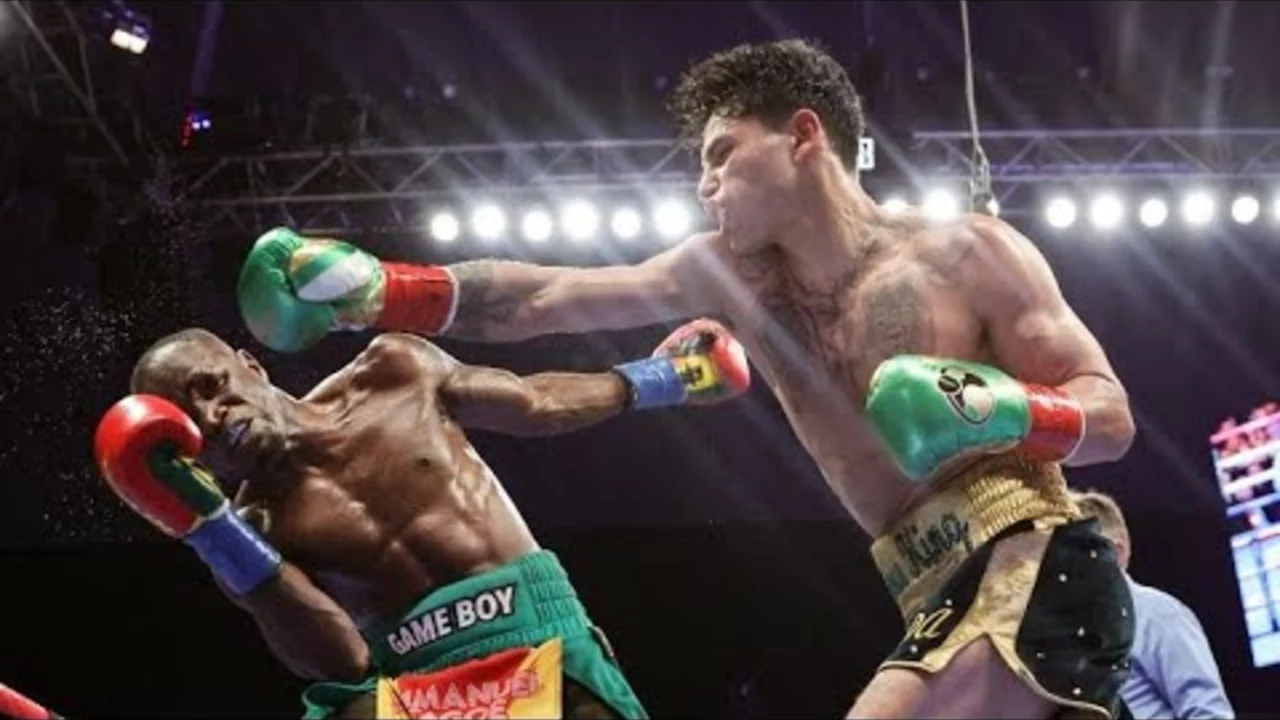Glass Jaw in Kickboxing: What It Means & How to Fix It
If you’ve ever been stopped by a single punch that seemed to knock you out for no reason, you might be dealing with a glass jaw. In plain language, a glass jaw is a chin that can’t take a blow without wobbling. It’s not a permanent label – you can train it, protect it, and get back in the fight.
Why does it matter for kickboxers? A glass jaw means one clean hit can cost you a round, a match, or even a confidence boost. It also invites opponents to target your head more often, which can slow your progress. Knowing the signs early helps you tackle the problem before it becomes a habit.
Spotting a Glass Jaw
First sign: you get knocked down or staggered by punches that most fighters brush off. Second sign: you feel a lot of soreness in your jaw after sparring, even when the strikes weren’t heavy. Third sign: you notice opponents aiming for your chin more than usual. If any of these sound familiar, it’s time to check your chin strength.
Testing it is simple. Ask a training partner to throw light jab‑cross combos at your head while you keep a solid defense. If you feel the blows rattling your head more than you’d expect, you’ve got work to do. Don’t panic – this is a common issue for beginners and even experienced fighters.Remember, a glass jaw isn’t just about weak bones. Poor neck muscles, bad technique, and lack of conditioning all play a part. Fixing one area without the others won’t give lasting results.
Training to Strengthen Your Chin
Start with head‑movement drills. Slip, roll, and weave in front of a heavy bag or a partner’s light punches. Good movement spreads the impact and reduces the shock to your jaw.
Next, work on neck strength. Simple isometric holds – push your head against a hand or a wall for 10‑second intervals, three sets each side – can make a big difference. Resistance bands are also great for neck extensions and rotations.
Conditioning the chin itself is an older practice, but it still works if done safely. Light tapping with a padded ball or a soft punch‑bag for a few minutes a week helps the muscles adapt. Never go full power until your neck and technique are solid.
Don’t forget defensive fundamentals. Keep your chin tucked, elbows in, and shoulders raised. A tight guard reduces the distance the punch travels and gives your jaw a better chance to absorb the hit.
Nutrition and recovery matter too. Calcium, vitamin D, and protein support bone and muscle health. Sleep gives your body time to repair micro‑damage from training. Skipping rest can keep your jaw fragile.
Finally, track progress. Record how many rounds you survive without a wobble, or note the force you can handle on a bag. Seeing improvement keeps motivation high and shows you’re on the right track.
Bottom line: a glass jaw is a fixable weakness. By sharpening your head‑movement, strengthening your neck, conditioning your chin, and guarding properly, you’ll stay in the fight longer and punch with more confidence. Try one new drill each week and watch the change in your sparring sessions. The next time someone aims for your chin, you’ll be ready to take it and keep going.
Does the boxer Ryan Garcia have a glass jaw?
In the boxing world, there's been some speculation about whether Ryan Garcia, the talented young fighter, has a so-called 'glass jaw'. While he's shown his skill and speed in the ring, some critics question his ability to take a heavy hit. However, it's important to note that Garcia has yet to be knocked out in his professional career, suggesting he can indeed handle a punch. Yet, only time will tell if he can hold up against the heavy hitters in his weight class. For now, it seems the 'glass jaw' label is just speculation.
